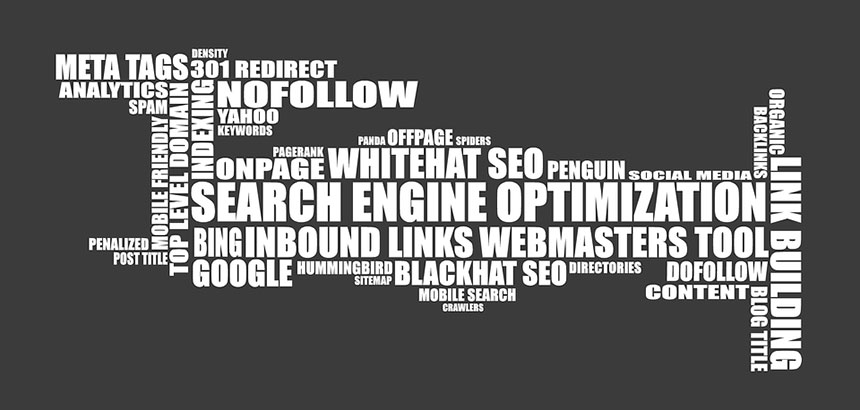Search engines today are living, breathing entities that change in ways both subtle and dramatic. For this reason, search engine optimization (SEO) strategies need to be regularly adjusted to accommodate these changes.
SEO techniques you used just a year or two ago may no longer be working. To keep up, you need to be aware of what’s going on with the large search companies, Google in particular.
How Have Search Companies Changed?
Barry Schwartz, blogging for Search Engine Roundtable, outlined a few ways that Google, in particular, has changed the parameters of search.
Google is demanding better content quality. Content is expected to be of higher quality (particularly in English) than it was just a few years ago, according to Schwartz. It helps that the search algorithms are getting better at finding and defining good content.
Linking in SEO is changing. Both algorithmically and manually, Google is discounting links that are deemed to be sub-standard. It’s no longer enough to join a link farm or PBN and rank high in a matter of days.
More content doesn’t mean better SEO. Google’s Panda update is getting better at discerning content quality, so it’s more important to have quality rather than quantity. If you have limited time to spend on content, make sure it’s high quality rather than high volume.
Voice search is on the rise. Today, one in five mobile search queries comes from voice search, and this is likely to continue rising. As voice search grows, expect to see an increase in featured snippets, from which Google often sources its voice search results.
Artificial intelligence may make things less predictable. As Google continues to embrace AI and incorporate it into search algorithms, expect search results to start behaving in new ways. It’s something that all companies engaging in SEO must be ready for.
Expect algorithm updates that target manipulative guest posting. In May, Google issued a warning that it has seen an increase in spammy links contained in articles referred to as contributor posts, guest posts, partner posts, or syndicated posts. Going forward, the company will be cracking down on certain behaviors, including stuffing keyword-rich links into articles, having articles published across many different sites, and using article writers that aren’t knowledgeable about the topics they’re writing on.
Keeping up with changes to the world’s major search engines is critical. Continue to push your engagement higher and avoid penalties from practices deemed spammy or tricky.
Contact us today for a consultation.
 logo
logo
